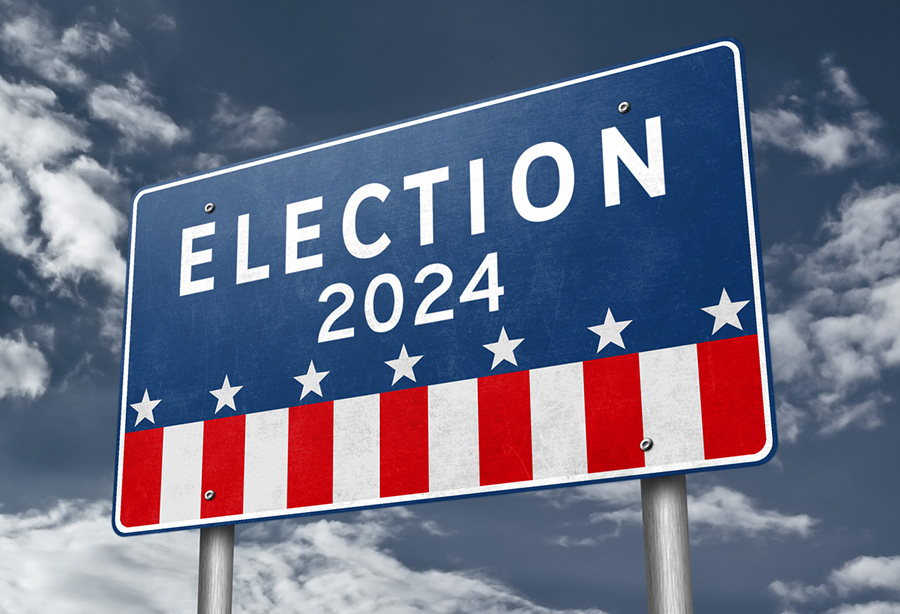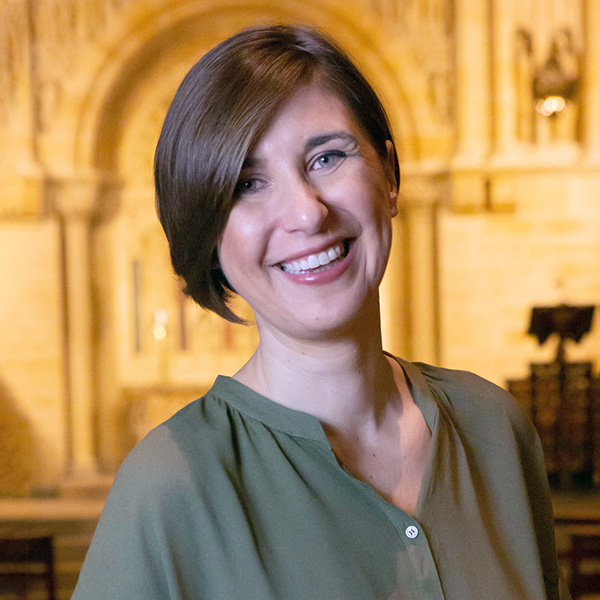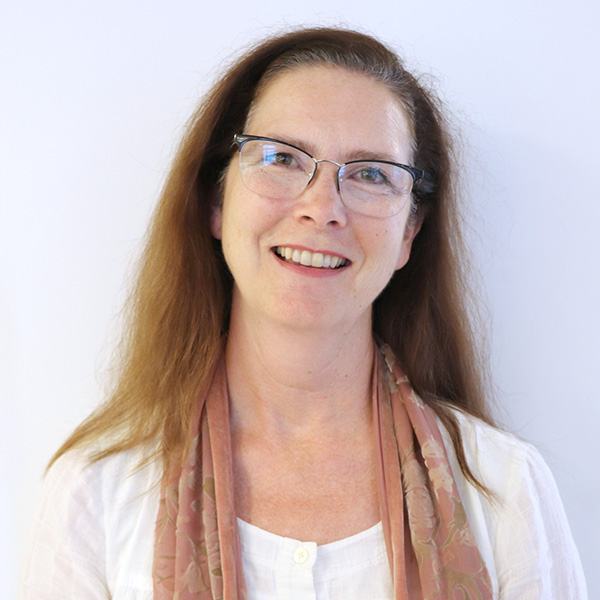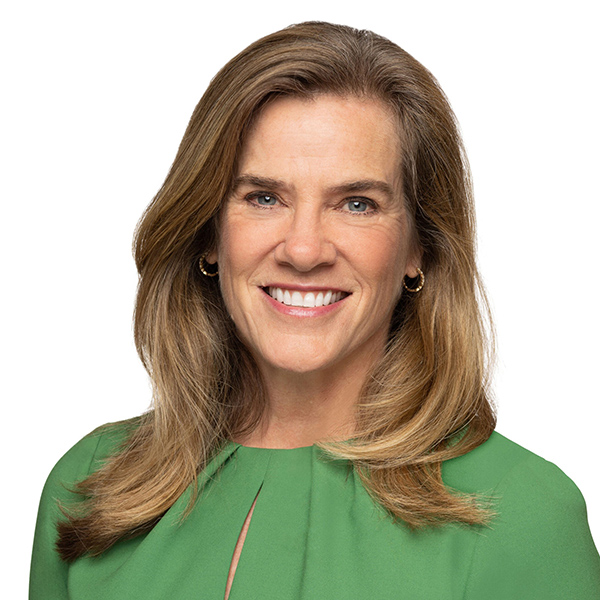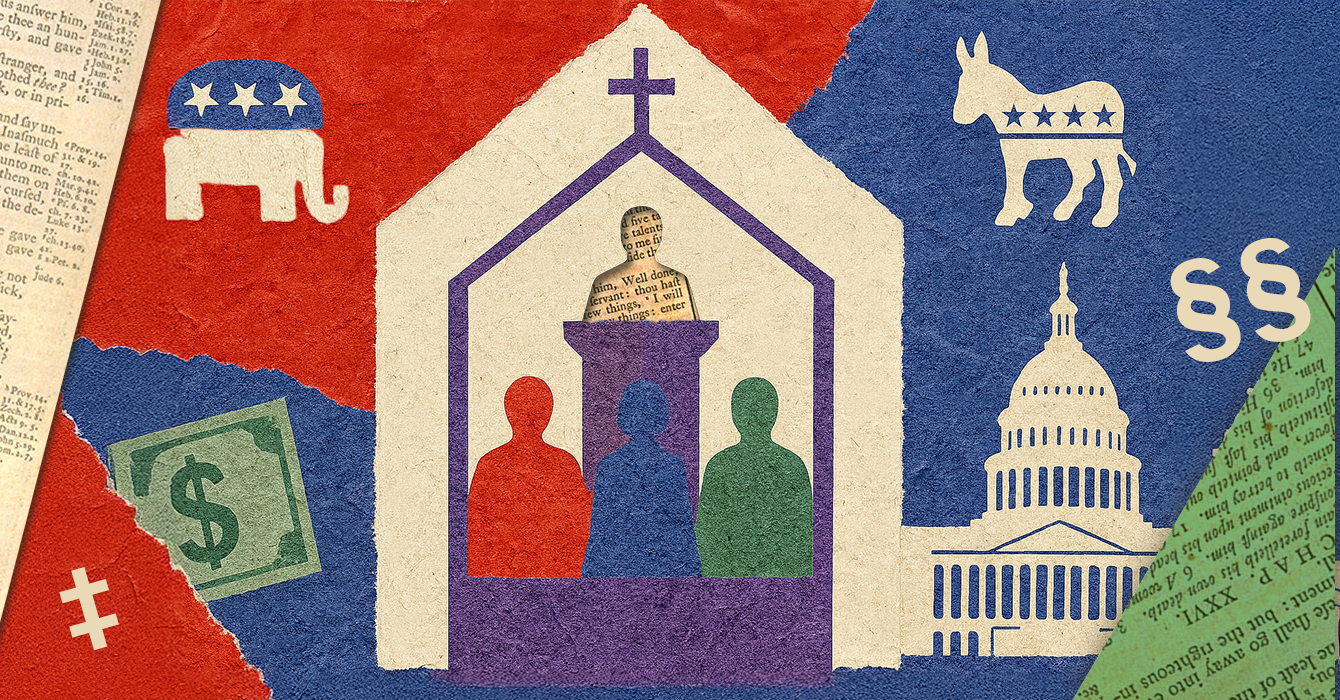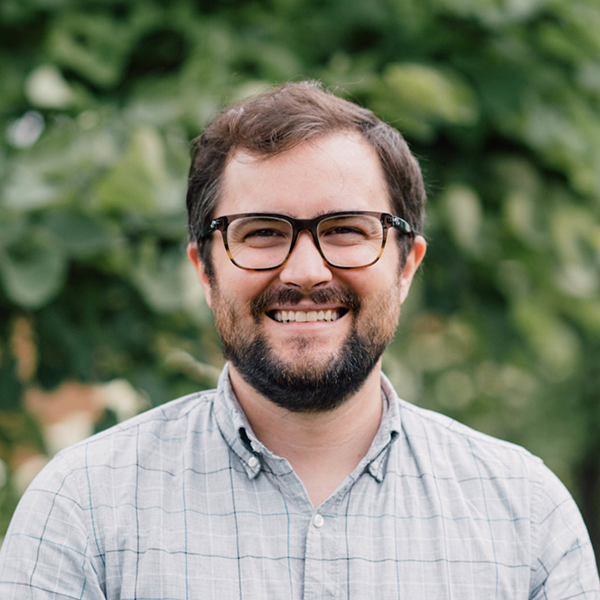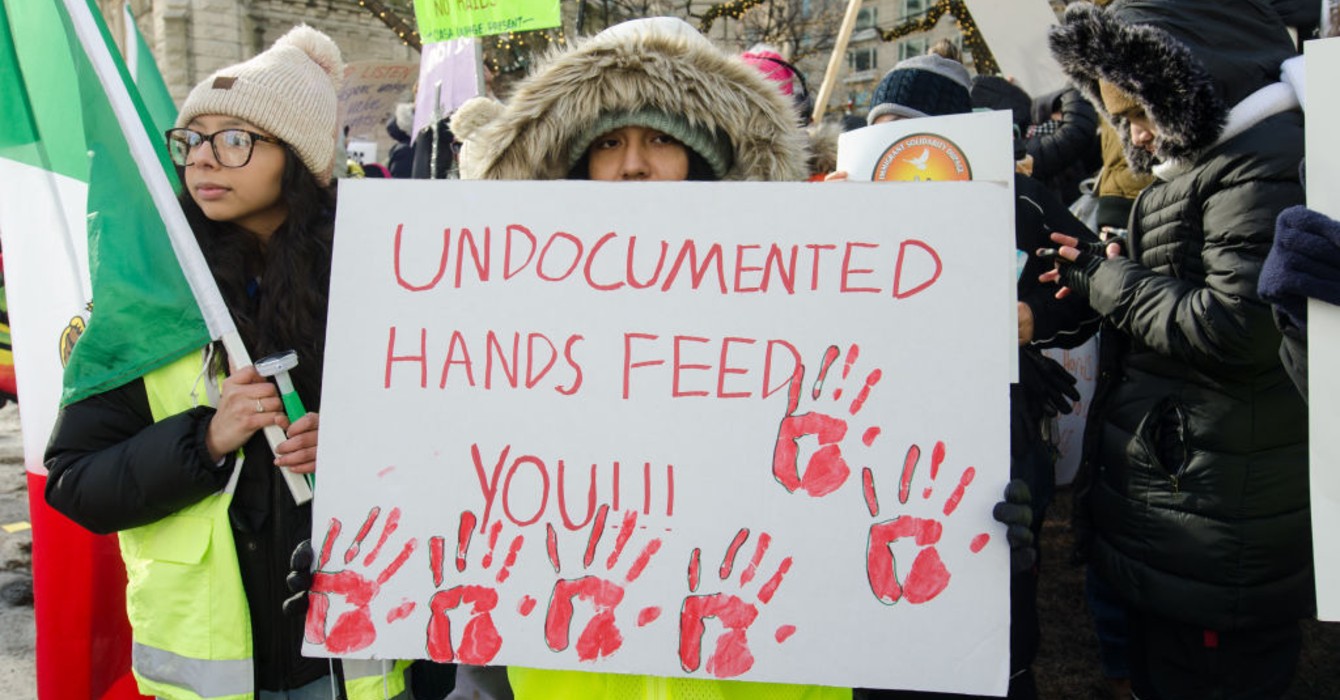This year’s presidential election is a source of anxiety for many people in congregations and faith communities across the country, as well as for the leadership trying to navigate these complex times with those communities. In some places, this is an open topic of discussion, while it flows more quietly under the surface in others. But the stakes are high regardless, and so are the emotions people bring to the conversation about what will happen on Nov. 5 and beyond.
For people of faith, it’s important to remind ourselves that our ministries and the work of service in our communities will need to continue, regardless of election outcomes. We know that elections affect all people, and now is a moment to consider what groups will experience the results most directly, beginning with those who are especially vulnerable, and in what ways we can anticipate our response to those needs.
The good news is that the tenets of our faith have carried our ancestors through many turbulent times, and God’s living word will stand whether or not we get the result we want in this election. So, too, our responsibility to live out our faith will stand. Our work in God’s name must go on whatever our feelings toward the administration governing the next four years.
Rather than succumbing to a sense of overwhelm or dread, the time is now for all of us to reflect on our values and priorities and to discern where our energies need to focus. One way to regain perspective and to prepare is by creating a congregational plan for the first day immediately after the election. The needs we seek to fill and the priorities we share for service will not magically disappear in any event.
Rather than spending all our emotional energy on the politics of the moment, planning for “day one” — exploring what communities can be prepared to do once the results are in, whatever they may be — can help prioritize what is most important to us as people of faith: serving God’s people to God’s glory.
In our work with the Vandersall Collective, we have created a curriculum with exactly that purpose in mind. Day 1 is a flexible, scripturally based, multiweek guide to engaging faith communities around shared priorities, hopes and dreams for the future within and beyond ministries or programs, exploring possibilities for making a difference in ways that transcend politics.
Why was such a guide important to create? As a team, Vandersall Collective is committed to an ethos of care — for one another and for the communities and people we serve.
Asking ourselves what is different in this election cycle, we noted how it is affecting those we work with. The polarization of the current political environment as well as its infiltration into, and in some cases co-opting of, religious beliefs cannot be ignored. We knew that we didn’t want ourselves or the people we care about to make decisions from a place of reactivity or anxiety. We wanted to act in ways that are responsive and grounded in shared values that transcend politics.
When we looked for a curriculum, guide, or established process for faith communities or individuals navigating an election, what we found mainly focused on leaders and dealt with the broader religious themes. What was not addressed was galvanizing a community to assess their priorities and find a way forward in a continuum of faith. We could not locate a resource for how faith communities, in different contexts, could plan for day one after the election — how they could provide care for those affected by it and for the faith community itself.
What we couldn’t find, we sought to create, offering hope for a different way to be with and for one another. In a time of disconnection and some needed deconstruction, the act of creation becomes an opportunity to foster belonging across differences. On day one of the next administration (and in whatever follows), communities of faith must continue the work of being God’s people, regardless of whether we see the outcome we desire or not.
How can the process of shaping a plan help?
- It makes things tangible. Often, the work of our elected leaders can feel out of our control. Creating a day one plan helps individuals and communities develop a sense of agency, purpose and strategy.
- It offers accountability and benchmarks. As news cycles hit and our attention is drawn to various places, a day one focus calls us back to our faith, to our values, to our breath.
- It creates stability through shared practice and expected outcomes. In moments when reality feels uncertain and other systems are broken, a community-based process creates new ways to be with and for one another that can be founded on trust, communication and other shared values.
Rather than falling into despair or resting on our laurels depending on the direction our country takes in November, our opportunity as people of faith is to prepare ourselves to shine the much-needed light that only faith in something greater than politics can bring. By all means, pay attention to politics, exercise your civic duty and vote! At the same time, get ready to follow the One whose leadership is our true guide.

